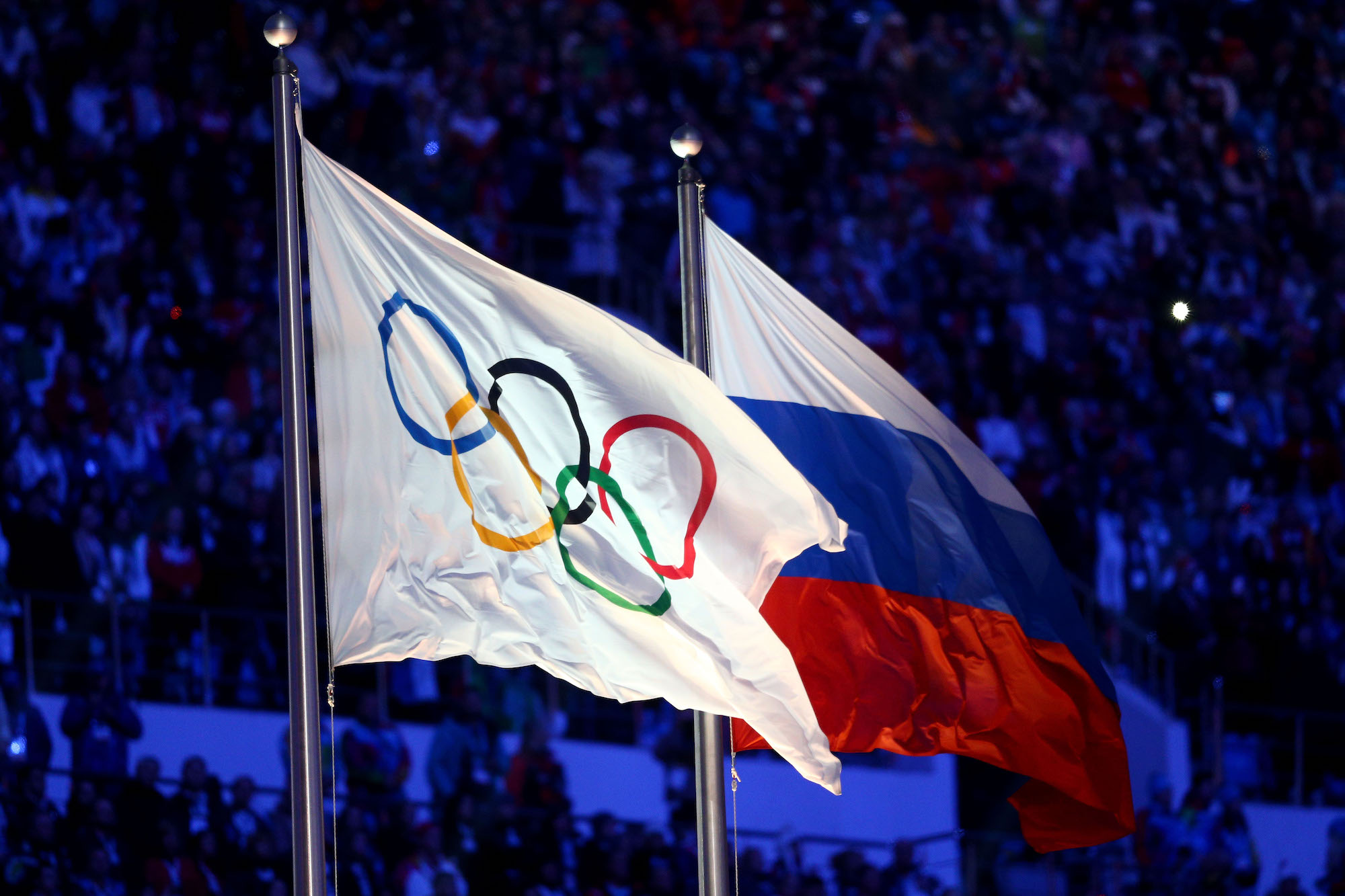WADA bans Russia for four years including 2020 Olympics over doping controversy
The nation has 21 days to appeal the decision

2014 Sochi Winter Olympics Closing Ceremony (Getty)

The World Anti-Doping Agency (WADA) has handed Russia a four-year ban over continued doping issues that will exclude the nation from the 2020 Tokyo Olympics.
The decision means major sporting events will not allow Russia, its flag or its anthem to be included. However, its athletes will still be allowed to compete, including road and track cyclists, as long as they have not been tainted by the recent problems, it is believed.
Wada had reinstated Russia in 2018 after a similar 2016 ban from the Rio de Janeiro Olympics, but problems have persisted.
"For too long, Russian doping has detracted from clean sport," said WADA President Sir Craig Reedie.
"The blatant breach by the Russian authorities of RUSADA's reinstatement conditions, approved by the ExCo [WADA's Executive Committee] in September 2018, demanded a robust response. That is exactly what has been delivered today.
"Russia was afforded every opportunity to get its house in order and re-join the global anti-doping community for the good of its athletes and of the integrity of sport, but it chose instead to continue in its stance of deception and denial. As a result, the WADA ExCo has responded in the strongest possible terms, while protecting the rights of Russian athletes that can prove that they were not involved and did not benefit from these fraudulent acts."
This decision comes after Russia's Anti-Doping Agency (RUSADA) was declared non-compliant for manipulating laboratory results given to investigators in January 2019.
Get The Leadout Newsletter
The latest race content, interviews, features, reviews and expert buying guides, direct to your inbox!
"Based on the reports, it was clear that the Moscow data were neither complete nor fully authentic," read a press release. "As comprehensively outlined in the reports, some data were removed, others altered and, in some cases, system messages were fabricated.
"In addition, measures were taken to conceal these manipulations by back-dating of computer systems and data files in an attempt to make it appear that the Moscow data had been in their current state since 2015."
For cycling, the Olympic Games include road, track, mountain bike and BMX events. On Saturday, July 25, the road race kicks off the series of events. In order to compete, any Russian cyclist will need to show he is not involved in this doping scandal. This ruling is thought to also apply to UCI World Cups and World Championships.
Russian athletes and their support personnel must demonstrate they are not implicated and not mentioned in "incriminating circumstances" in the McLaren reports.
"This avoids punishing the innocent and instead stands up for the rights of clean athletes everywhere," said Chair of the Compliance Review Committee, Jonathan Taylor.
"If an athlete from Russia can prove they were not involved in the institutionalised doping programme, that their data were not part of the manipulation, that they were subject to adequate testing prior to the event in question, and that they fulfil any other strict conditions to be determined, they will be allowed to compete."
Russia has 21 days to appeal the decision made today by WADA.

Thank you for reading 20 articles this month* Join now for unlimited access
Enjoy your first month for just £1 / $1 / €1
*Read 5 free articles per month without a subscription

Join now for unlimited access
Try first month for just £1 / $1 / €1
Gregor Brown is an experienced cycling journalist, based in Florence, Italy. He has covered races all over the world for over a decade - following the Giro, Tour de France, and every major race since 2006. His love of cycling began with freestyle and BMX, before the 1998 Tour de France led him to a deep appreciation of the road racing season.
-
 'It took everything' - Puck Pieterse outclimbs Demi Vollering to win La Flèche Wallonne
'It took everything' - Puck Pieterse outclimbs Demi Vollering to win La Flèche WallonneDutch 22-year-old shows Classics pedigree with first one-day victory
By Tom Davidson
-
 Tadej Pogačar flies to dominant victory at La Flèche Wallonne
Tadej Pogačar flies to dominant victory at La Flèche WallonneSlovenian takes second win at Belgian classic ahead of Kévin Vauquelin and Tom Pidcock
By Tom Thewlis